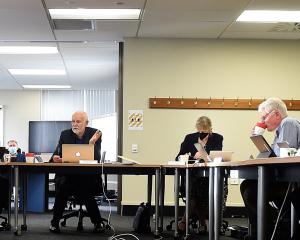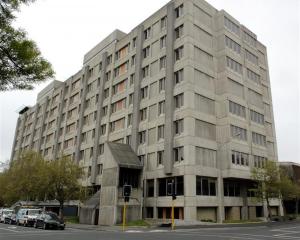The Otago and Southland District Health Boards should continue to rely on the market to decide on the number of aged-care residential beds rather than turn away any new providers, the boards' general manager of planning and funding, David Chrisp, says.
In a report to the boards' disability support advisory committee in Dunedin this week on issuing contracts for aged residential care, he said the boards should ensure providers were familiar with the trends in the market and with policies which might affect usage in the future.
Beyond that, the boards should rely on the market to make "appropriate investment decisions" about increasing or decreasing capacity and accept the financial consequences of these decisions.
He agreed an over-supply of beds leading to low occupancy could lead to poorer care, but that had to be managed through quality monitoring.
The boards did not have to enter into a contract with any provider, but the ramifications of refusing to enter into a contract with a new facility needed careful consideration.
He said it could be argued it was better to have too many beds than too few, given the boards had some control over entry into aged residential care.
Mr Chrisp said the aged residential care market had shown in the past it could adjust for over-capacity without board intervention.
He noted there were a variety of developments planned or under construction in the region, but although there had been discussions with some providers, none had proceeded to formal contract requests.
Report on aged care bed numbers
- Aged care plans Ryman Healthcare complex, Dunedin (under construction).
- Aspiring Lifestyle Retirement Village, Wanaka (under construction).
- Interest in a new village, Queenstown.
- Four long-stay hospital beds, Oamaru Hospital.
- West Otago Health Ltd development, Tapanui.











